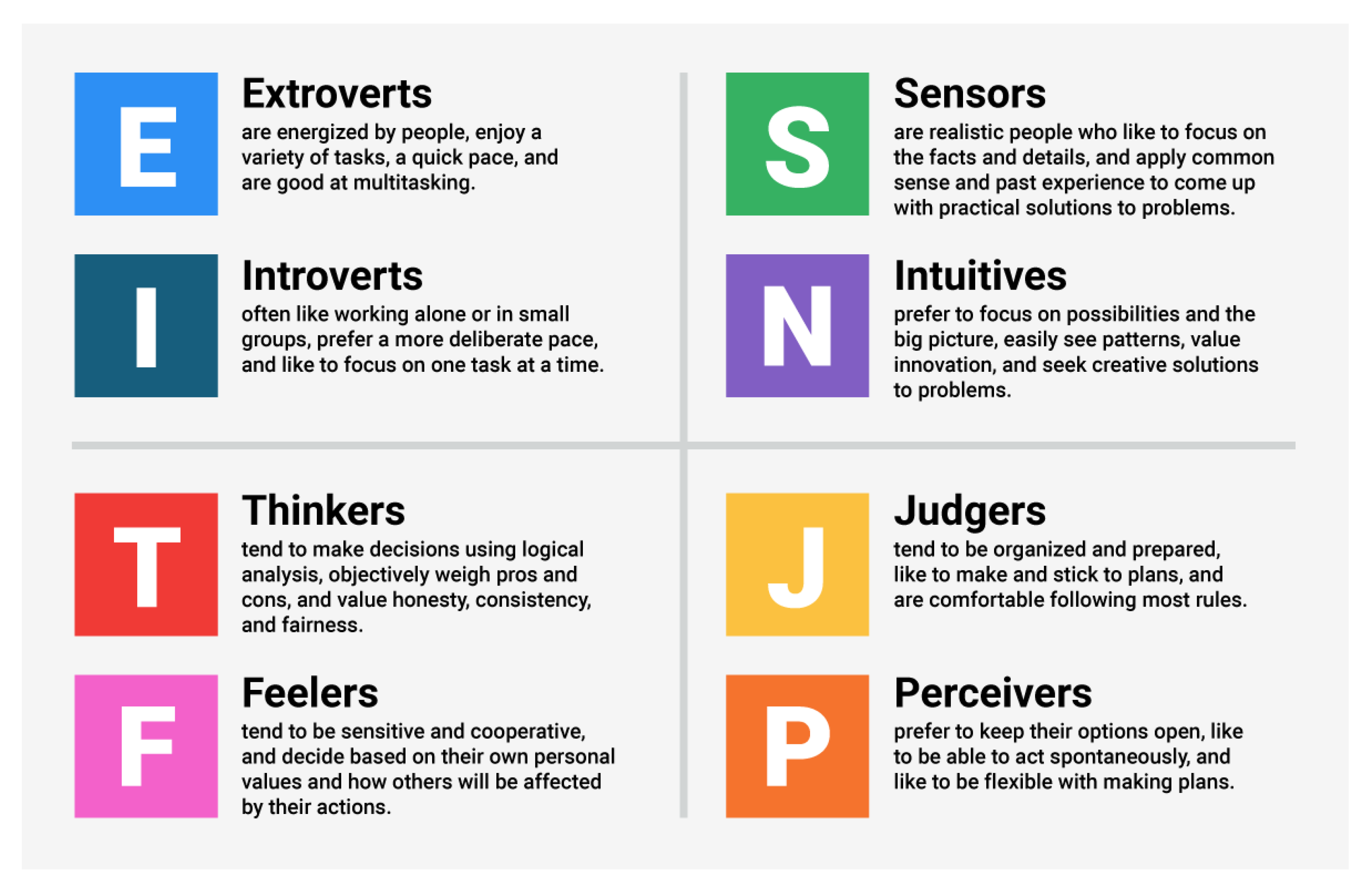Assessing Eyecare Staff through Personality Testing
By Practice Growth October 07, 2021
Whether you are looking to update onboarding or assess for leadership skills among current staff prior to significant changes in your optometry practice, personality testing may be helpful in maximizing your staff’s strengths and skills. Personality tests are designed to better understand individual motivation, emotional makeup, preferences, and means of interacting with others. This information is invaluable in identifying potential leaders who may be groomed for new roles in your practice with skill development and guidance.
Personality tests can also help in understanding how your optometry team interacts with each other and clients. If conflicts exist, knowing more about individual personalities provides a basis for resolution. Such assessments are relatively inexpensive and can produce a high return on that investment when used in relation to roles that require significant interpersonal skills or job-specific personality traits, such as a value for detail. There are a couple of popular choices for optometry practices, and online versions exist for greater ease in administration and interpretation.
Myers-Briggs Type Indicator
 This test is perhaps the most well-known personality assessment that uses 93 dual-choice questions in the full version to determine how an individual interacts with others, how information is accessed, how decisions are made, and how a person deals with the environment. There are shorter versions available, but the categories of assessment remain the same:
This test is perhaps the most well-known personality assessment that uses 93 dual-choice questions in the full version to determine how an individual interacts with others, how information is accessed, how decisions are made, and how a person deals with the environment. There are shorter versions available, but the categories of assessment remain the same:
● Extrovert or Introvert
● Sensing or Intuition
● Thinking or Feeling
● Judging or Perceiving
The results of the Myers-Briggs are communicated with a four-letter acronym, such as INFJ for a person with Introvert, Intuition, Feeling, and Perceiving as determinations. Of the 16 possible personality types, some are better suited for leadership positions than others.
Big Five Personality Test
The full version of the Big Five uses 50 Likert-style questions or a ranking on a five-point scale between Strongly Disagree and Strongly Agree. The assessment seeks to measure personality traits in the following five broad areas:
● Openness
● Conscientiousness
● Extraversion
● Agreeableness
● Neuroticism
A high score in Conscientiousness, which correlates with good organizational skills and attention to detail, is desirable in an optical technician. A medical receptionist, who interacts with clients regularly, would ideally have a high score in Agreeableness. So, it may be easier to determine where an employee would best thrive in your practice with insights from the Big Five.
Predictive Index
This assessment differs from most in that test-takers are not limited to a few pre-selected choices. It is closer to a “free-choice” tool, in accordance with guidelines from the Equal Employment Opportunity Commission’s guidelines, that is more guarded against bias. There are simply two comprehensive lists of adjectives, each associated with one of these four key factors to predicting workplace behavior:
● Dominance
● Extraversion
● Patience
● Formality
On the first list, test takers identify adjectives that describe how others expect them to behave. On the second list, adjectives that describe them are identified.
Other Considerations
 In deciding if you want to utilize personality assessments within your optometry practice, be aware that even the best tests leave room for error. While these tools can be useful, they should also not be the only basis in making team and operations-related decisions. After all, a person may be under extreme stress that influences the results on a given day or have undetected resources that help to overcome perceived barriers to job performance.
In deciding if you want to utilize personality assessments within your optometry practice, be aware that even the best tests leave room for error. While these tools can be useful, they should also not be the only basis in making team and operations-related decisions. After all, a person may be under extreme stress that influences the results on a given day or have undetected resources that help to overcome perceived barriers to job performance.
Many psychological experts suggest using personality assessments in conjunction with other assessments, such as cognitive or integrity tests, to best predict performance in specific roles. In predicting performance, the most effective assessment is often in learning more about past performance. This does not require any specialized tests beyond speaking to past employers, personal references, and even the individuals under scrutiny.
Regardless of what assessments are used or omitted, nothing replaces the value of the practice owner setting clear parameters and expectations for each role in their practice. This type of open communication clarifies the standard to which employees are held and provides a means to evaluate when those expectations are achieved and perhaps should be rewarded.